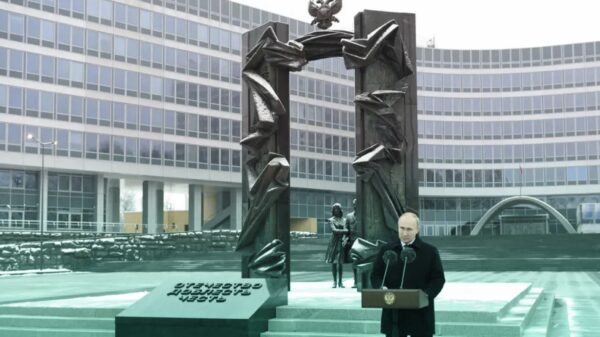In 2019, in the course of the investigation into the Skripal poisoning, the investigative journal Bellingcat got the metadata from Maj General's call logs Andrey Averyanov. These records, spanning the period from mid-2017 to late 2019, shed light on a vast spy network run by Russian military intelligence. Call data contains location, time and caller data but no communication content.
Three minutes before midnight on September 14, 2018, the cell phone of Andrey Averyanov started ringing. Despite the time, the phone records show that Maj. General Averyanov, the commander of theclandestine operational unit 29155 of the GRU, was still in his office at the Russian military intelligence headquarters in Khoroshevskoe Shosse no. 76 in Moscow.
That day, Bellingcat and his Russian investigative partner, The Insider, had published an investigation into the cover identities of "Ruslan Boshirov"and "Alexander Petrov ", two GRU spies implicated in Novichok's poisoning Sergey e Yulia Skripal in Salisbury, England.
The investigation had blown the lid off a bugs of the GRU: For nearly a decade, the Russian military intelligence agency had provided its spies with numbered passports, allowing investigative reporters who had acquired such data to discover other spies simply by tracing such serial numbers.
In the hours following Bellingcat's publication that day, Averyanov had received several phone calls from the head of the GRU Igor Kostyukov. Similarly, Averyanov himself had contacted many of his subordinates who had traveled with such passports, including the two spies involved in the failed Montenegro coup in 2016.
The midnight phone call was from the head of the 5th Department of the GRU, deputy to the so-called "Illegals ", a little-known department that has placed military spies around the world with false identities.
